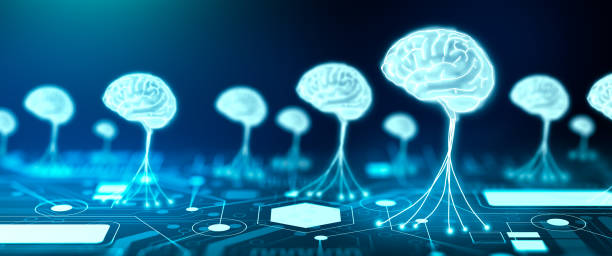
How AI Solves Recruitment TAT
In today’s rapidly evolving job market, soft skills such as communication, adaptability, problem-solving, and teamwork are becoming just as important—if not more so—than technical skills. These interpersonal abilities can significantly impact a candidate’s success within a company, and hiring managers are increasingly looking for ways to assess them during interviews. However, evaluating soft skills can be subjective and time-consuming. This is where AI steps in, revolutionizing the way companies screen and assess these critical competencies.
Objective Evaluation of Soft Skills
AI-powered interviews use advanced algorithms and Natural Language Processing (NLP) to assess candidates’ soft skills in a way that reduces human bias. Instead of relying solely on a recruiter’s judgment, AI systems can objectively analyze a candidate’s responses, focusing on communication style, problem-solving approaches, and emotional intelligence. By breaking down responses into data points, AI provides a more consistent and fair evaluation process, ensuring that each candidate is judged on their actual performance, not on subjective impressions.
For example, if a candidate is asked to describe how they would handle a conflict with a colleague, AI can analyze the structure, tone, and clarity of their answer to determine how well they demonstrate conflict resolution and teamwork skills.
Real-Time Behavioral Insights

AI doesn’t just evaluate what candidates say; it also analyzes how they say it. By examining factors like tone of voice, word choice, sentence structure, and even body language in video interviews, AI can provide real-time insights into a candidate’s emotional intelligence, confidence, and communication effectiveness. This allows companies to get a more holistic understanding of a candidate’s interpersonal abilities, even in a virtual environment.
For instance, AI can detect whether a candidate remains composed and thoughtful under pressure by analyzing their response patterns to challenging questions. This is particularly useful in assessing soft skills like adaptability and resilience.
Scaling Soft Skill Assessments
One of the major benefits of AI is its ability to assess soft skills at scale. In traditional interviews, evaluating soft skills often requires multiple rounds of interviews, consuming significant time and resources. AI-powered interview systems, however, can screen and assess hundreds or even thousands of candidates simultaneously. By automating the initial screening process, AI enables recruiters to quickly identify top candidates with strong soft skills, freeing up time for human recruiters to focus on final-stage interviews with the most promising applicants.
This scalability is especially useful for organizations with high-volume recruitment needs or those looking to expand globally.
Reducing Bias and Increasing Diversity
Human biases can unintentionally influence how candidates are evaluated for soft skills, often leading to unfair hiring decisions. AI helps reduce these biases by focusing on the content and quality of responses rather than factors like gender, race, or cultural background. By providing a data-driven assessment, AI ensures that candidates are judged based on their abilities rather than subjective factors.
This not only improves the fairness of the recruitment process but also enhances diversity and inclusion efforts by giving all candidates an equal opportunity to demonstrate their soft skills.
Data-Driven Decision Making
Perhaps one of the most significant advantages of using AI in assessing soft skills is the wealth of data it provides to support hiring decisions. AI can generate detailed reports that highlight a candidate’s strengths and weaknesses across various soft skills, enabling recruiters to make informed, data-driven decisions. By having access to clear, quantifiable insights, hiring managers can better compare candidates and identify those who are most likely to succeed in a collaborative and dynamic work environment.
Conclusion
AI is transforming the way companies screen and assess soft skills during interviews. Through objective evaluation, real-time insights, and scalable solutions, AI enables organizations to identify candidates with the interpersonal abilities necessary to thrive in today’s workplace. By reducing bias and providing data-driven insights, AI is making soft skill assessments more efficient, fair, and effective.
Incorporating AI into the hiring process not only streamlines recruitment but also ensures that companies are building teams with the right mix of technical and soft skills to succeed in the long run.


